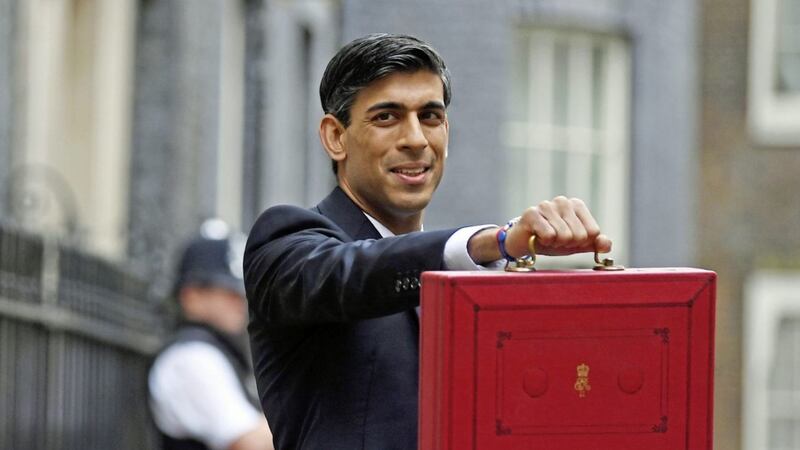QUESTION: I am going to liquidate my company this year and pay out the proceeds as a capital distribution. I sold an unrelated business for £1 million in 2019 and claimed capital gains tax entrepreneurs relief of £500k back then.
I understand that there is now a new relief called business asset disposal relief. Can I claim it against this year’s company liquidation? I intend to start a new venture in 2023 after a break from business.
ANSWER: The short answer to your question is yes if you satisfy the conditions for business asset disposal relief (BADR). This is an area that has caused a lot of confusion, and which has caused many taxpayers to submit an incorrect 20/21 self-assessment return as BADR was introduced just before the start of the 20/21 tax year.
Relief from capital gains tax (CGT) on the disposal of business assets has taken many forms over the past decades, from the old ‘retirement relief’, through the hugely confusing ‘business asset taper relief’ regime and then ending (we thought) with entrepreneurs relief (ER) in 2008 with an initial lifetime cap of £1m.
The cap was then increased, initially doubling to £2m and then to £5m in June 2020 before doubling again to £10m in April 2011.
This was a very generous relief from the higher rate of CGT however the relief inevitably suffered from abuse by ‘serial liquidators’ who would establish a company, build it up for several years and then liquidate it to maximize the amount of cash they could extract from the company at 10 per cent rather than drawing the cash out annually at income tax rates.
Rishi Sunak delivered his first budget in March 2020 just as the covid pandemic was starting and he reduced the ER lifetime limit back down to £1m and then confusingly re-named the relief as business asset disposal relief (BADR).
This reduction combined with a re-naming led many to believe that BADR is a separate and new relief with a brand new £1m limit – after all when retirement relief became business asset taper relief and then ER, previous disposals were disregarded.
Not this time however as when considering your eligibility for BADR you need to consider past ER claims which must be deducted from the £1m BADR limit to determine how much you have left to claim – in your case £500k as you had a prior ER claim of £500k in 2019.
If taxpayers had previously claimed more than £1m ER (when the limit was greater) then there is no claw back of previously claimed relief, they just cannot now claim BADR.
You need to be very careful if you claim BADR now and then within a two-year period you set up a new business as the beneficial capital gains tax treatment of a capital distribution may be denied if you intend to carry on the same or a similar trade or business in another company or business ‘vehicle’.
This ‘anti-phoenix’ rule was brought in to stop company dissolutions that are driven mainly by the avoidance of income tax.
This anti-avoidance rule applies to a capital distribution if you start the same or similar trade or business (within any business format) within the following two years.
If this occurs, HMRC will normally seek to tax what you think is a capital distribution as an ‘income’ dividend at higher income tax rates.
Paddy Harty (p.harty@fpmaab.com) is a partner at FPM Accountants (www.fpmaab.com). The advice in this column is specific to the facts surrounding the question posed. Neither the Irish News nor the contributors accept any liability for any direct or indirect loss arising from any reliance placed on replies.







